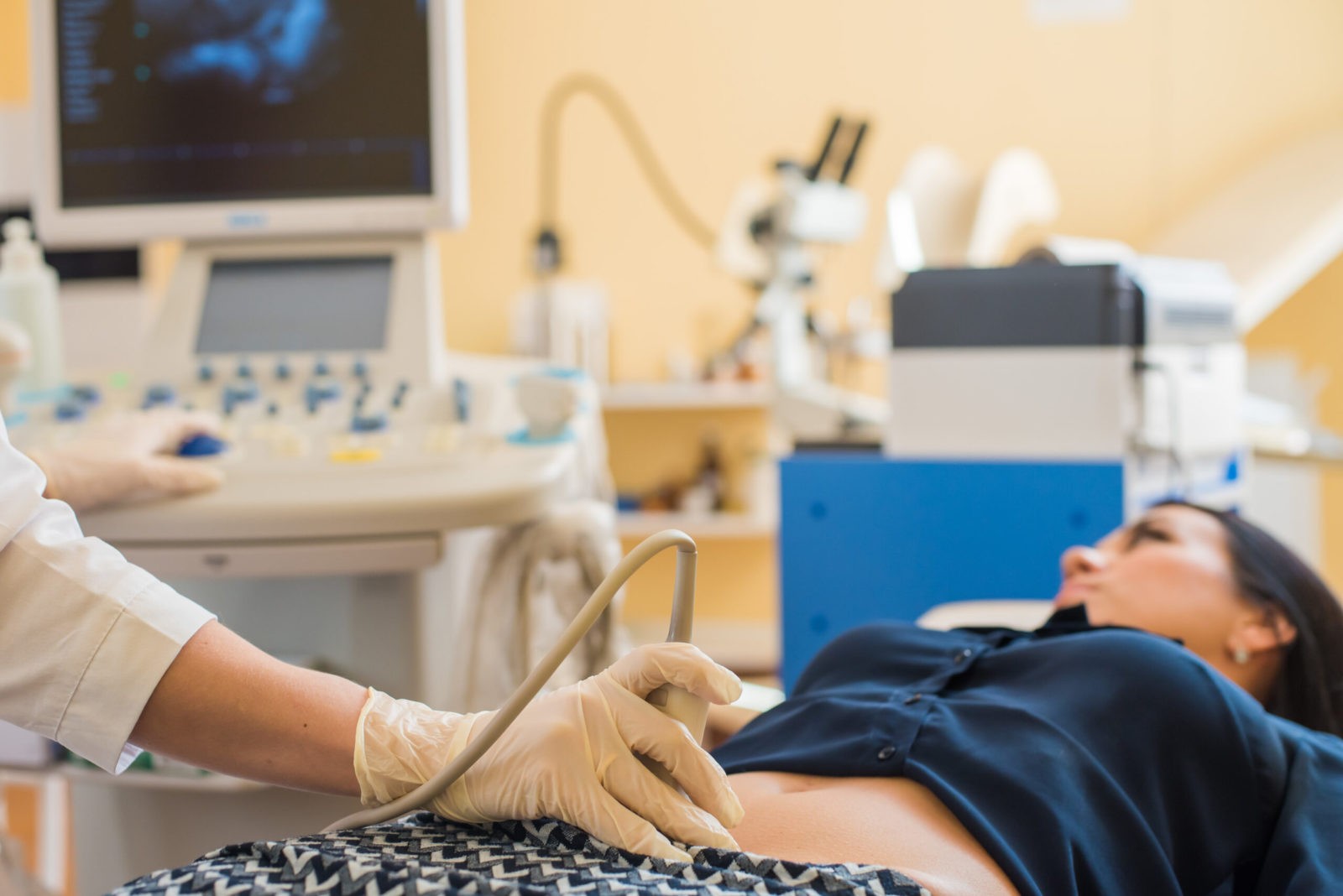When it comes to a planned pregnancy, expecting a child for the first time can be a wonderful experience for parents. Pregnancy comes with many changes to the body one might not consider, and with no two pregnancies being alike, it can bring about a myriad of symptoms and questions. For most, having an established doctor for check-ups can be a source for all the answers an expecting couple might have. But pregnancy is not always expected and can often come during a difficult time, leaving some women struggling to find the resources they need. Fortunately, a pregnancy center is available to help.
A women’s pregnancy center is a local, non-profit organization that provides education and support to women and men faced with unplanned pregnancies. Many of these centers offer free pregnancy tests, limited ultrasounds, decision coaching, parenting classes, support groups, and testing for sexually transmitted diseases and infections. Some centers might also offer resources for birthing plans such as cord blood banking or donations and additional help and counseling with trained advocates and licensed medical professionals that are available on-site to help navigate any unique challenges.
When Is A Good Time To Visit a Pregnancy Center?
It is best to visit a women’s pregnancy center if you believe you might already be pregnant, and because they provide free testing, it will be easier to immediately confirm if you are. This makes early decision-making easier and allows women to better get the resources they might need much sooner. If you have already confirmed your pregnancy with your primary care physician, a pregnancy center can still provide support and counseling surrounding your health and safety. Many clinics extend this offer to men as well who might also be experiencing uncertainty and difficulty embracing parenthood.
How Does It Work?
Like most medical health centers, an appointment is recommended, though many of them do accept walk-ins. The only requirement for most centers is that you need to bring a photo ID, a positive pregnancy test (if you already have one), and any critical health records that you are able to obtain. Some places might encourage you to bring someone you can trust along with you for any additional comfort and support. To start, they will go over any medical history and proceed with a test and a possible ultrasound to officially confirm pregnancy. From there, they will discuss all options regarding parenting, alternative procedures, risks, and side effects.
How Much Does A Visit Cost?
Women's pregnancy centers are non-profit, so most appointments are free of charge or offer sliding scale fees, along with any sort of testing and consultation provided during your visit. Another perk of a women’s pregnancy center is that most do not require any kind of insurance either, making them that much more accessible for everyone. Still, it is best to check in with your local clinics and ask any questions about the services they offer and what your estimated cost might be.
What Other Resources Can A Women’s Pregnancy Center Provide?
While developing or coming up with a birthing plan, many parents-to-be may want to discuss their options for cord blood banking or donation. Although the center will not be in charge of collecting the cord blood or cord tissue after delivery, it is a good idea to have the plan in place months ahead of your delivery date, especially if you want to bank your baby’s cord blood with a private bank such as AlphaCord. If you want to donate your newborn’s cord blood, the women’s pregnancy center can direct you to a local public cord blood bank. One of the most commonly asked questions regarding pregnancy centers is whether or not they can provide birth control or other procedures for unplanned or unwanted pregnancies. Generally speaking, most locally owned and operated pregnancy can provide contraceptive options and other resources however, centers do not offer on-site abortion services. Typically, you will consult with a medical professional about your options regarding abortion or post-partum alternatives like adoption and see what works best for you. From there, they may refer you to places that can help finalize these decisions, prepare you for your procedure, and get you set up with any further relief services.
If you or someone you know has questions or needs guidance during your pregnancy, visiting a local women’s pregnancy center can be the answer.



